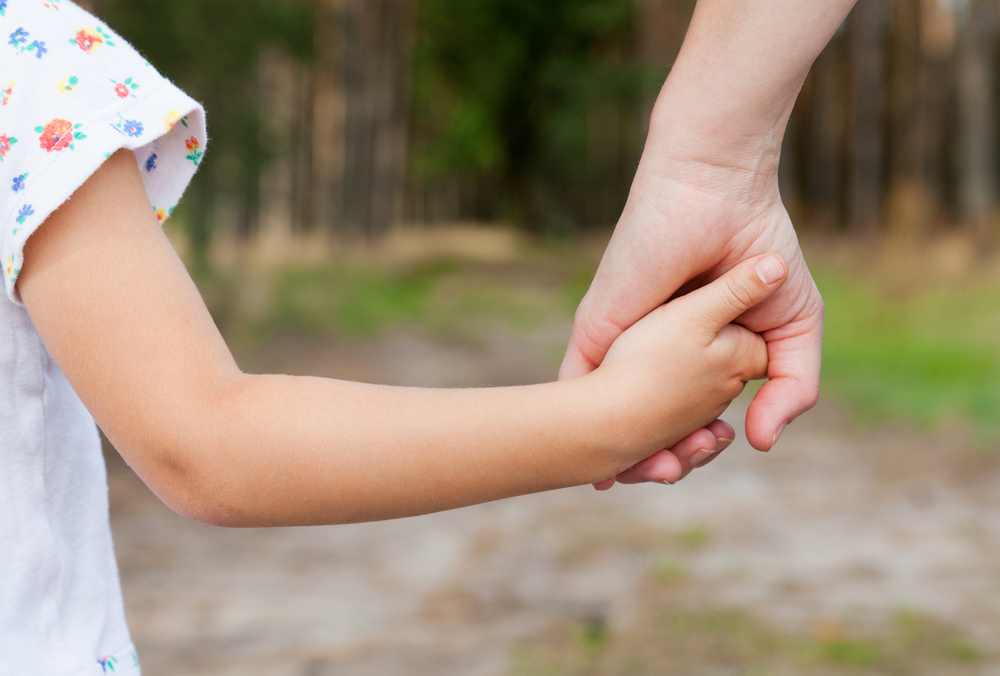
Empathy is a skill that allows people to understand emotions, improve communication, and, ultimately, work towards building a stronger more unified community. But, how does one teach, encourage, and reward empathy in children? Discover how toys can play an integral role in this healthy skill development process.
Role-Play with Figurines
What better way to learn how to understand the emotional response of others than acting out common social situations at home? After watching how characters navigate through a socially awkward or uncomfortable scene on a favorite animated series, children can use character replica figurines to continue the learning in their own living room to act out what they saw. They can also make up new scenes with a selection of dolls and figurines to reenact what they have experienced and witnessed in the real world. Plus, children can use their imaginations or prompting questions from adults coupled with what they have learned to create and resolve potential social problems that may occur in the future.
Even better, much like their favorite animated series, children who engage in role-playing may not realize they are learning a valuable lesson about how to treat and care for others. By using figurines to work their way through occasionally comical and often exaggerated situations, children may have so much fun learning they don’t want to stop. Therefore, the possibilities for teaching empathy to children for a wide array of social concerns are limitless!
Redirect Attention with Fidget Toys
One thing children are sure to encounter in schools, if not in their own lives, is a child with higher levels of energy and/or a reduced ability to focus. In fact, 6.1 million children were diagnosed with Attention-Deficit/Hyperactivity Disorder (ADHD) in the U.S. in 2016 per the CDC. Thus, while many children can sit still and listen to the lesson in class without issue, such tasks can prove difficult to manage for others. Fidget toys offer those children who struggle with a way to keep moving while remaining seated and concentrating on the lesson. As a result, they make excellent teaching tools for children to learn an empathetic approach to friends who are challenged with tasks like paying close attention to their schoolwork for extended periods of time or remembering instructions.
Start Conversations With ASMR Toys
Figurines are also helpful when discussing more specific empathy-related scenarios like how to relate to and help a friend with sensory issues. However, role-playing is not the only means of teaching empathy for such needs. Autonomous Sensory Meridian Response (ASMR) toys promote that calming and pleasantly stimulating effect many children enjoy for improved focus as well as a chance to receive a reward like a soft popping sound for each action. In addition to oftentimes being considered a fidget toy, ASMR toys engage more of the senses, which allows adults an opportunity to communicate about how that sound may trigger different responses in others.
Covering Special Needs with Dolls
As mentioned earlier, toys like figurines or dolls are excellent for showing children how it feels to experience life from another’s perspective through role-playing. But, dolls are also wonderful toys for teaching children about what it takes to care for others. By feeding them special bottles or food, changing their clothes, and, for some baby dolls, giving them baths or comforting them when they cry, children develop empathy for babies and younger children. They also learn which response is needed for which cue. Such skills can be taught on a more advanced level for those with special needs.
This is particularly important for children who have friends or family members battling physical, emotional, or mental limitations. Children typically volunteer to assist adults in performing caretaking duties and chores. Dolls can be used to teach them the care needs the friend or family member has in a safe way. They can also discover ways to help make the other individual(s) more comfortable.
Games Teach About Social Anxiety
Empathy for those with physical needs is important, but what about those with special needs that are less clearly defined like social anxiety? According to the National Institute of Mental Health (NIH), social anxiety affects 9.1% of adolescents in the U.S. The good news is playing games with other children can offer an activity to keep the focus off of having to make conversation. This can help those with social anxiety feel more included without having to talk a lot. Games can also teach children who do not have anxiety in social settings about communication
